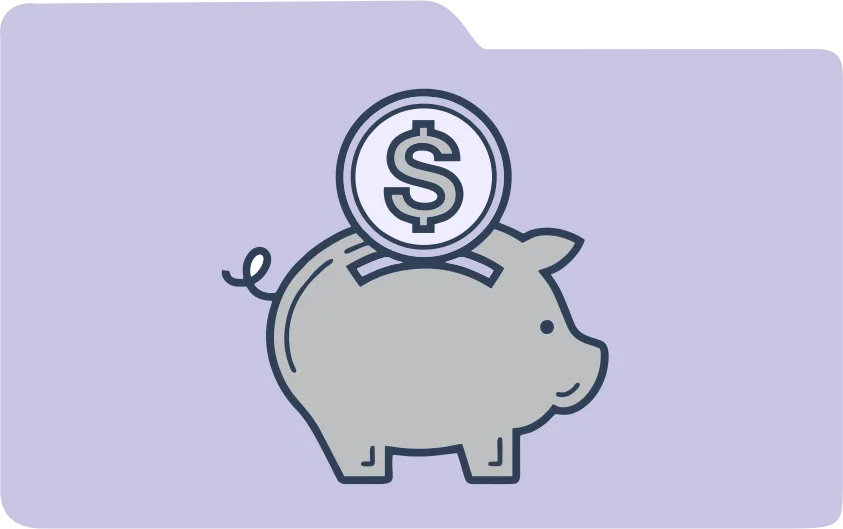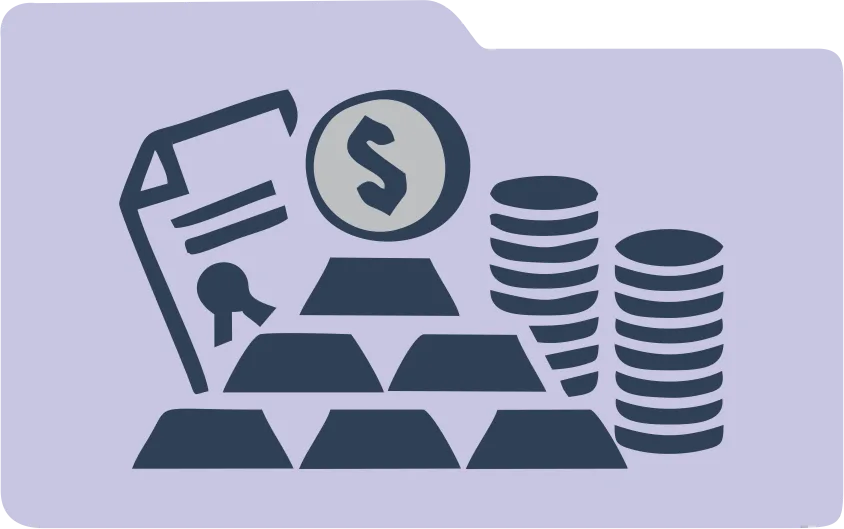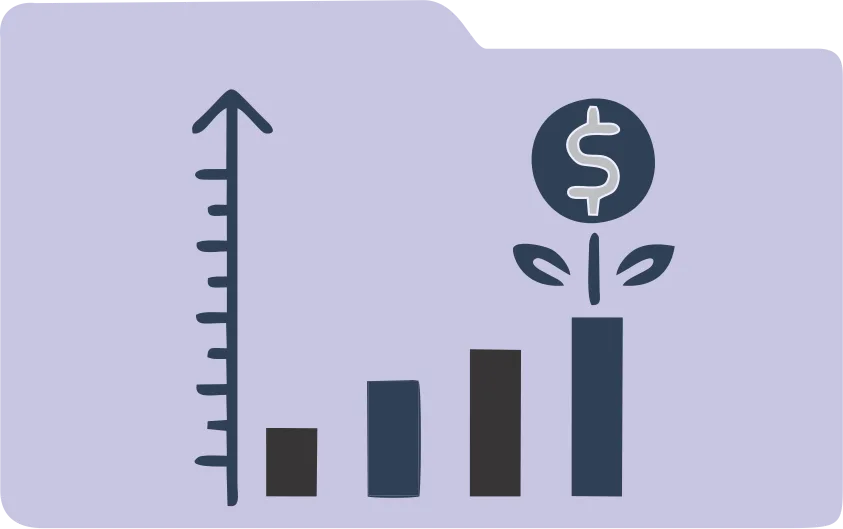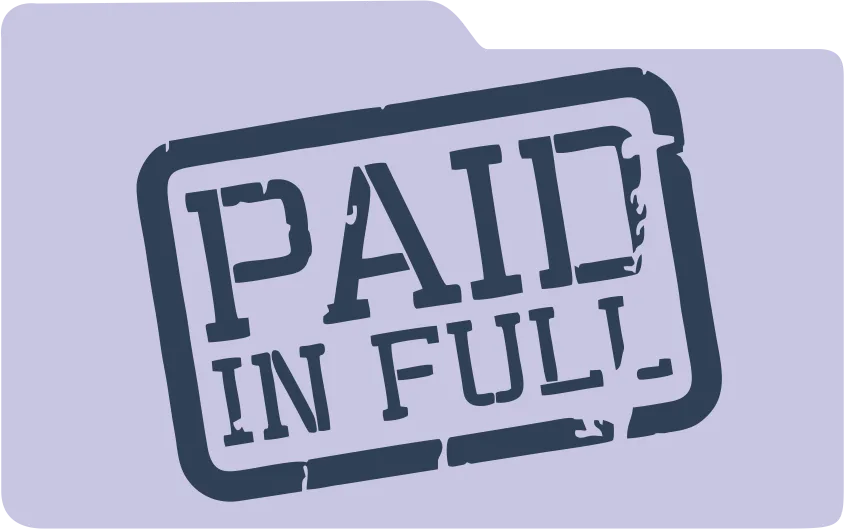Wealth
Wealth is commonly defined as having something tangible, like money or assets. But there are other words associated with wealth that don’t necessarily mean the same thing but should be considered when determining how wealth is defined. We’re talking about prosperity and abundance. Prosperity has come to indicate having wealth, but it’s more than just having tangible wealth. It’s about having wealth along with happiness and good health.
Prosperity
While prosperity and wealth are closely related, it’s possible to have one without the other. Prosperity is the state of growth and flourishing. Wealth is the state of having or possessing goods. There is a strong connection between wealth and prosperity.
A society is prosperous when it has effective institutions, an open economy, and empowered, healthy, and educated people.
Hoarding Wealth
The view that the rich “hoard” wealth at the expense of the rest of society is becoming more common, a misconception that leftists have tried to implement for years. Their perception is that millionaires hide this money without regard for the rest of society. But this perception isn’t true.
The truth is that money keeps moving, it’s not buried underground or hidden under mattresses. Millionaires reinvest their money, either directly or indirectly in the economy, through their investments, businesses, donations, and purchases.
The rich do more than just directly invest their vast fortunes. They store nearly all of their uninvested money in banks and other financial institutions. This is money used to grant loans for small businesses, personal loans, and other investments that people rely on. Collaborating in the economic game and fostering consumption, which consequently generates a prosperous and wealthy society.
Consumption promoted by the rich
When the rich invest their money, they are really injecting money into the economy, which allows for job creation and improvements in products and services. And as there is a larger population with money to spend, consumption also increases, creating a healthy and lasting economic feedback loop.
People often lament the spending of the rich as wasteful, but there are people who go to work every day and receive a salary to create this “waste”. There are many industries that simply wouldn’t exist, or would be significantly smaller, if not for the spending of billionaires. It can be argued that this would be a good thing, but we also have to deal with the fact that many people would lose their jobs if this labor demand suddenly disappeared.
Entrepreneurs and billionaires often reinvest their wealth, either in the company or in the stock market. These enormous amounts of wealth are used to expand their businesses and thus provide services at a more efficient and likely cheaper price. Thus, the economy grows for everyone.
Tax law wants you to be rich
The state prefers you to be rich rather than poor; when you are rich, you simply stop being a burden on the state, so the tax law “favors” charging lower taxes to companies and investors, precisely to promote the creation of companies and investments. This increases employment, improves goods and services, ultimately injecting more money into the economy.
When you hear that millionaires or the rich don’t pay taxes, they’re talking about income tax, and indeed the rich don’t need a salary like the average citizen simply because the rich don’t have a job and don’t need to meet a certain number of hours worked to cash a check every month. But their companies do pay taxes on profits earned each year, and yes, perhaps companies pay taxes at lower percentages than regular income tax, but these are lower percentages on larger amounts.
Businesses and businesses are charged lower taxes, not only because their profits are much higher than any salary, but charging lower taxes to businesses serves as an incentive for the entrepreneur, both to create businesses and for that company to stay within the country, in such a way that the jobs created are for the country’s citizens. If the tax system were not attractive to the entrepreneur, he would simply move his business or industry to another country where he could pay less taxes, but this would leave hundreds of workers unemployed.
There is an excellent article worth reading on this topic, written by David O., which we recommend if you want to understand a little more why the rich don’t pay taxes, we leave it here for you. 7 Reasons the Rich Don’t Pay Taxes
In conclusion, if all your income comes from your salary, then you will pay more taxes over time, instead of pointing out the rich for taking advantage of advantages that the law itself gives them, it’s time for you too to follow the law and start being smart with your money, taking advantage of the same advantages that the rich use.
Normalize and open up to the idea of being rich and prosperous
Normalizing the debate about prosperity and success can only have a positive impact on all of us. Also, Hoarding Wealth brings you many benefits.
In many cultures and for many people, money is not something openly discussed. However, learning how today’s decisions can affect tomorrow and what long-term savings strategies are available can have a hugely positive impact on people’s mental states, especially in low-income families, who often lack the knowledge or experience of good money management to create wealth and prosperity. It’s hard to learn about something when you’re told not to talk about it.
By educating ourselves and facilitating conversations about finances, in our family and/or social environment, we will be better equipped to make the most of the benefit packages existing in our environment, while at the same time enjoying the financial and life lessons of those around us, which could certainly be helpful in the long run.
By doing so, together we can make money stop being a taboo subject and see it as a tool to improve our own well-being and the future of our children. By creating these conversations and empowering your people to go beyond the financial benefits of a salary, you can begin to change the conversation around finances, to achieve a richer and more prosperous life.
Empowering low-income families through financial education
Low-income families often face significant financial challenges that can hinder their ability to achieve prosperity and financial security. However, by providing these families with knowledge and resources for better money management, we can unlock their potential and create a positive impact in their lives. In this article, we will explore the potential benefits of financial education for low-income families and how it can empower them to navigate their financial circumstances more effectively.
Financial education has the potential to break the cycle of poverty by empowering low-income families to build a better future. It presents them with strategies for long-term financial planning, including saving for education, homeownership, or starting a small business. By teaching the principles of credit, loans, and interest rates, financial education enables them to make informed decisions, avoid predatory credit practices, and improve their solvency over time. These skills provide a path to upward mobility and economic stability, helping families to transcend their current financial circumstances.
Financial education programs often connect low-income families with valuable resources and support networks. They can provide information on government assistance programs, scholarships, or grants that can alleviate financial burdens. Additionally, these programs can partner with financial institutions and community organizations to offer affordable banking services, financial counseling, and access to microloans or resources for small business development. By bridging the gap between families and essential financial resources, financial education opens doors to opportunities that would otherwise have been out of reach.
Prepare to be rich
The truly rich and prosperous person not only possesses valuable physical assets, but also controls their life, is responsible for their attitudes, knows themselves, enjoys learning, values themselves, and has adequate emotional intelligence.
All these authors, researchers, and writers agree on several points and one very concrete one, wealth is above all a state of mind. Get ready, open your eyes, the best opportunities of your life are just around the corner.
Although there is no exact formula for wealth, you must prepare yourself from now on both physically and mentally. Studying and reading about finance, business strategies, taxes, will help you gain a better understanding of what you can and cannot do on the path to generating wealth and prosperity; Change your negative mental beliefs to positive ones, it is proven that when you see the world with positive thinking you find more solutions than problems and that is a great advantage if you seek to create businesses; Improve your habits, this is more important than you think, good habits and consistency sooner or later always outweigh intelligence; Take care of your body, after all, you will need to be healthy to reap the future rewards of today’s work; Surround yourself with people who have more than you, learn from them, ask them questions, ask for help, there are many people out there willing to help.
Prepare to live differently than most, think and act to be better today than yesterday, don’t get discouraged, don’t waste your time and energy, buy an agenda and use it, keeping an agenda or a diary will greatly help you manage your time and make every moment count and put you a step further from your goal.
Seek advice and meet key people, get used to talking to accountants, lawyers, real estate agents, financial advisors, bankers, business owners that interest you. Learn to move in those social circles that may help you later.
Changing your way of thinking about money will affect how you see money, as well as how you relate to it.
So, How to Achieve True Wealth and Prosperity Today?
Achieving wealth and prosperity isn’t just about luck—it’s about mindset, action, and consistent effort. If you’re ready to transform your financial future, here are three essential steps to start building wealth and prosperity today.
1. Change Your Money Mindset
The journey to wealth begins in your mind. Shift your perspective on money: see it not as an end goal, but as a powerful tool to achieve your dreams. Embrace a positive mindset about money and your capabilities. Believe that opportunities abound and that there’s ample wealth waiting for you to claim it.
To foster this mindset, surround yourself with inspiration. Read success stories, listen to motivational podcasts, and connect with like-minded individuals who are on a similar path to prosperity. Our community at HoardingWealth.com provides valuable support and resources to help you stay motivated and focused on your financial goals.
2. Take Action Now
Knowledge is power when it comes to financial success. Start educating yourself about personal finance, investments, and business strategies. Dedicate time each day to expand your knowledge base—read books by financial experts, follow influential blogs, watch informative videos, and attend webinars or seminars.
Understanding these principles will empower you to make informed financial decisions and seize opportunities that align with your goals. Consider joining workshops or online courses that specialize in wealth-building strategies tailored to your interests and financial objectives.
Actively participating in communities of like-minded individuals can provide additional insights and networking opportunities. By surrounding yourself with supportive peers, you’ll gain valuable perspectives and encouragement to propel you forward on your wealth-building journey.
3. Establish Healthy and Consistent Habits
Success in building wealth requires discipline and consistency. Begin by setting clear financial and personal goals. Write them down and create a plan to achieve them step by step. Use a planner or digital calendar to organize your tasks and ensure you’re making progress daily.
Developing good habits is crucial. Schedule regular reviews of your finances, track your spending, and adjust your budget as needed to stay on track towards your goals. Implement savings strategies such as automating contributions to investment accounts or retirement funds to build wealth steadily over time.
Prioritize your health and well-being. Physical fitness and mental clarity are vital assets on your journey to prosperity. Adopt a balanced diet, engage in regular exercise, and practice mindfulness or meditation to maintain peak performance and resilience.
True prosperity encompasses more than financial wealth—it includes emotional well-being, fulfillment, and the ability to contribute positively to others and society. By embracing these principles and taking action today, you’re laying the foundation for a prosperous future filled with abundance and opportunity.
To finish
It’s important to correct the misconception that the wealthy merely “hoard” their wealth. In reality, they actively reinvest it into the economy through investments, businesses, and donations, stimulating growth and job creation.
The law favors prosperity and encourages wealth creation by providing incentives like lower taxes for businesses and investors. Money continually circulates through investments, presenting abundant opportunities for those who just start their financial education and learn about finance and business today.
By just starting your financial education and adopting a positive money mindset, you can begin your journey to wealth and prosperity right now. This knowledge empowers you to make informed decisions, ensuring your prosperity lasts for generations.















